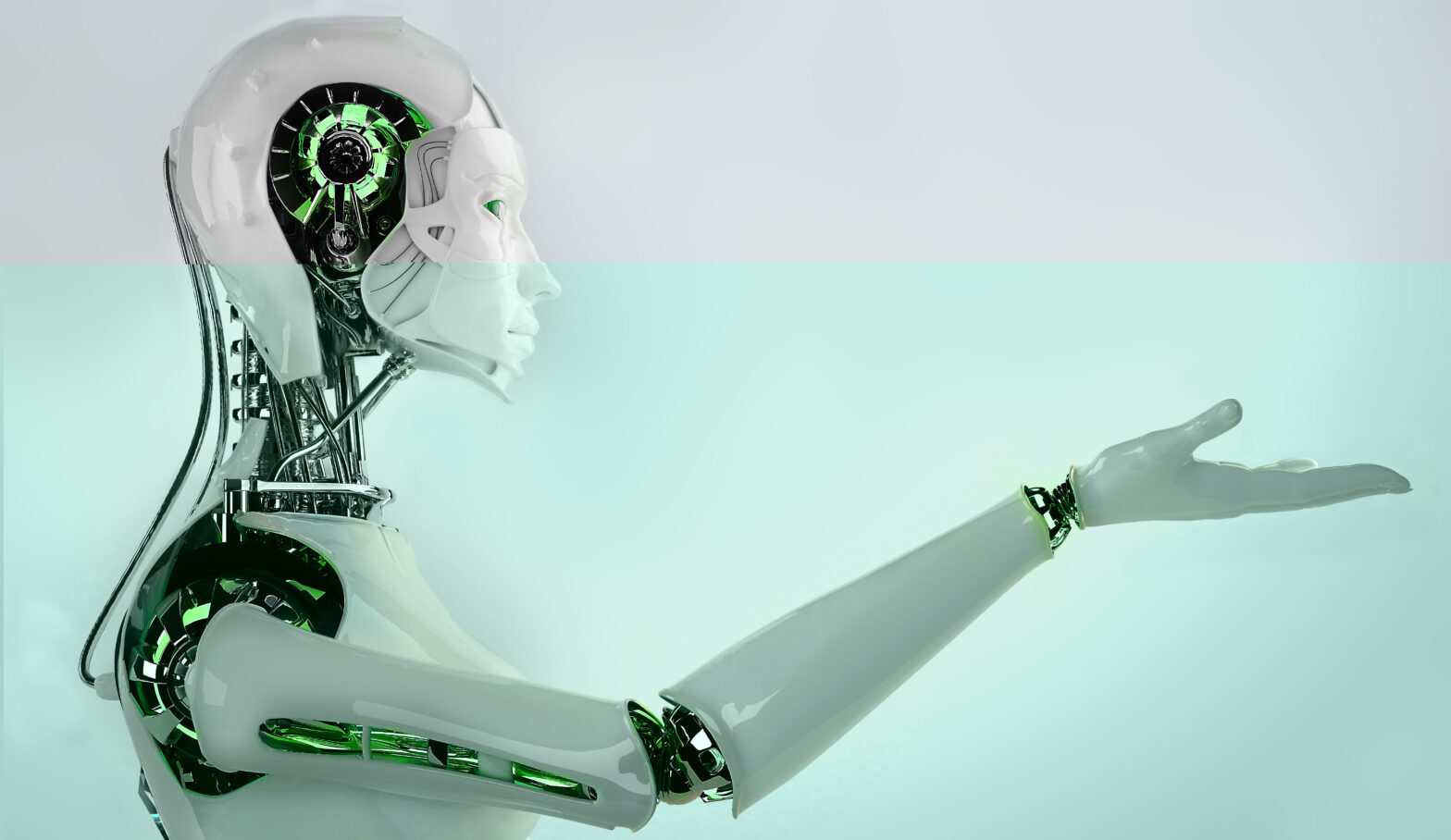Does the following sound familiar? Your phone wakes you up in the morning with an alarm. You immediately go to your weather app: rain today, better bring an umbrella. Next, Google Maps gives you a detour from a traffic-filled highway as you commute to work. Around noon, your smartwatch reminds you that you haven’t walked more than 20 steps in the past two hours so you take a break and walk around the block. That evening you ask Siri to read the next day’s agenda as you get ready for bed.
Through these micro-prompts and conveniences, we’re slowly giving up our free will to machines. The Internet of Things (IoT), deep learning and augmented reality will accelerate to transcend medicine, and even law enforcement and the punishment of crimes.
Philosophers have debated the existence of free will for centuries. Modern-day psychology and technology have attempted to comprehend the dichotomy of free will versus predetermination.
>See also: Artificial intelligence: advancements, abilities and limitations
The concepts of free will and predetermination are now up for interruption by ‘technology nannies’.
Smartphone users already give up their geographic location, who they are with physically, with whom they communicate, and their personal interests. It is perceived as passive, but these personalised services are very active influencers in people’s behavior.
Tomorrow’s Siri will not be passive – it will be active in our lives, and it will have greater potential to disrupt consumers’ free will or predetermined path. One day, you will not know how you lived without it. Here are three things it will transform.
1. Crime and punishment
The right to due process is absolute in our country, however the costs of locking up nonviolent offenders is staggering. In the future there may not be a need for so many jails and prisons.
Of course the most violent offenders will still be locked away, but non-serious offenders’ punishment could a 24-7 robotic parole officer – a machine that is present in the offender’s life for a given criminal sentence.
It will have access to a person’s biometrics, blood chemistry and location, and will also know who they are interacting with electronically and in person.
Tomorrow’s parole officer will be an electronic nanny that will detail a convict’s every move and know when to interrupt based on predictive intelligence.
It will attempt to interrupt the offenders directly and could call in the authorities. This offers society a much more civil approach to dealing with crime and punishment.
2. Healthcare
Tomorrow’s healthcare providers, pharmaceutical companies and medical equipment manufacturers will create data-driven products that will act as 24-7 care teams for patients.
Your doctor will prescribe a virtual doctor to watch over your vitals and other behaviors. Your phone will ring and a soothing voice will inform you to go home and relax as it monitors your heart rate and blood pressure.
All the while your biometric analysis is being performed and provided to your healthcare team. Your personal healthcare nanny will remind you of your doctor appointments and if you have taken your medication.
This service could extend human lifespan by 15 years, but only if we allow the machine to interrupt our free will.
3. Psychology
Electronic nannies will one day help us deal with anxiety, depression and addictions. They could talk you out of that piece of cake or sooth a bad day.
A machine could even be developed to assist in the loss of a loved one. It could learn your habits, your voice tones and your emotional responses, so when your time comes to an end your friends and family could say goodbye.
Addicted to the machine
Will people fall in love with their electronic nannies as Joaquin Phoenix did in the movie Her? Will they become an addiction?
Most people are already addicted to a machine: their smartphone. And their life would be thrown a curve is they lost it.
>See also: How artificial intelligence is growing up
If we have free will we will be in control of our electronic nannies and have the power to turn them off. There will also have to be some guidelines and governance that does not allow the machine to make actual decisions for us. Humans must be in control.
For example, your doctor will make the final diagnosis and not your electronic doctor. Humans will be in control even though some think we are predestined in our paths.
It is time for the machines to help us deal with our problems and assist in our daily lives. It is time to accept that the machine might be a part of who you are, a symbiosis.
In the next ten to 20 years, machines will seamlessly be a part of our lives. They will interrupt us in amazing and healthy ways. And in the end, it is no reason to despair.
Sourced from John Thuma, director of analytics, Teradata







